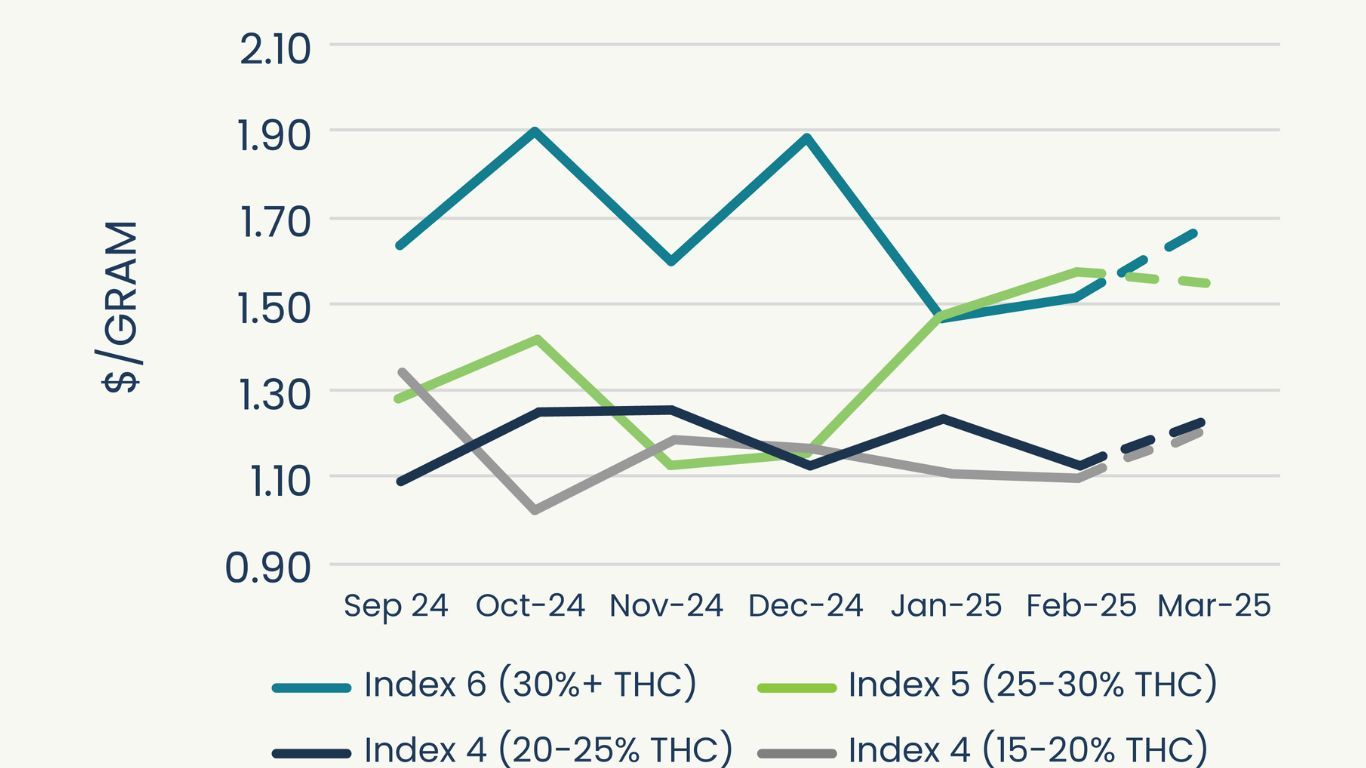
The case that will determine if it’s legal for people in Quebec to grow their own cannabis will get its final day in court on September 15.
On that day the Supreme Court of Canada will be hearing the final arguments from lawyers on both sides of the issue, with Quebec’s lawyers arguing that the province has the right to ban growing (non-medical) cannabis at home while the opposing team argues the province does not have the right to do so.
Federal law also allows Canadians to grow cannabis under a cannabis for medical purposes authorization, and no provinces have resisted this rule, only non-medical home growing.
While federal law says Canadians can grow up to four cannabis plants at home under the federal Cannabis Act and Regulations, it also allows provinces to place restrictions on this right. Two provinces, Quebec and Manitoba both established their own regulations that prevented Canadians from exercising this right.
It’s much bigger than only cannabis, it really is a challenge between federal and provincial powers. So if we lose this one it’s going to be a change that could bring a big impact to the Constitution.
Maxime Guérin, Lead Attorney
Even though the federal government maintains that provinces can place restrictions on homegrown cannabis—such as not allowing it to be seen by the public, or even restricting the number of plants to as little as one per household—it maintains that limiting that amount to zero is not within their right.
Both Quebec and Manitoba governments disagree, arguing that their jurisdictional authority allows them to limit this right entirely. Cases have been raised in both provinces by those seeking to challenge the provincial bans.
Quebec’s case was first raised by Janick Murray-Hall in 2019, whose legal team successfully argued at the time that the province’s ban on allowing residents to grow cannabis at home was in violation of federal law.
The judge in that case ruled against the provincial government’s ban, but the province quickly appealed that ruling. Then in September 2021, Quebec’s Court of Appeal reversed that ruling, saying the province did in fact have the right to ban homegrown cannabis.
This newest hearing by the Supreme Court will be the final say in the case, says Maxime Guérin, the lead attorney for the case representing Murray-Hall, with no more opportunities for either side to appeal.
He says he’s cautiously optimistic that the court will agree that the province does not have the right to outright ban growing cannabis at home, especially because a ruling to the contrary would be a fundamental change to the balance of power between the federal government and provinces.
“If the Supreme Court goes with the court of appeal’s (ruling), it will change constitutional law in Quebec, so that would be a very big surprise for us. But it’s still a possibility, and we never take anything for granted.
“If we lose this case, then it’s going to be a change in constitutional law,” continues Guérin. “It’s much bigger than only cannabis, it really is a challenge between federal and provincial powers. So if we lose this one it’s going to be a change that could bring a big impact to the Constitution. I would be surprised if the court would change those constitutional principles.”
Although there will be no chance to apeal the ruling, even if the province loses, Guérin says he expects the government to place significant restrictions on home growing, such as limiting it to as little as one plant per household, or requiring it only be grown indoors, or out of sight of the public. These are provincial powers the federal government has not challenged.
A team in Manitoba is also fighting that province’s own home grow ban. Guérin says he expects the judge in that case will be watching the Supreme Court’s ruling on the Quebec case closely as it will establish a strong precedent for or against the ability of the provinces to supercede federal law.
“When our decision is out, it’s going to set a precedent for any other province, especially Manitoba, so that could end their case if we win,” he says. “It will have a huge impact on the Manitoba case.”
The Supreme Court of Canada will hear arguments from both sides on September 15, with a ruling expected in the following months. Until then, growing cannabis at home—unless with a medical authorization—remains illegal in Quebec. Violators can face a $750 fine for breaking Quebec’s ban.











